Invited by New York city government, Guangzhou participated in a webinar on July 17 to share insights into the way in which the city applied UN’s Sustainable Development Goals (SDGs) to its urban planning and management especially when facing the COVID-19 global pandemic.
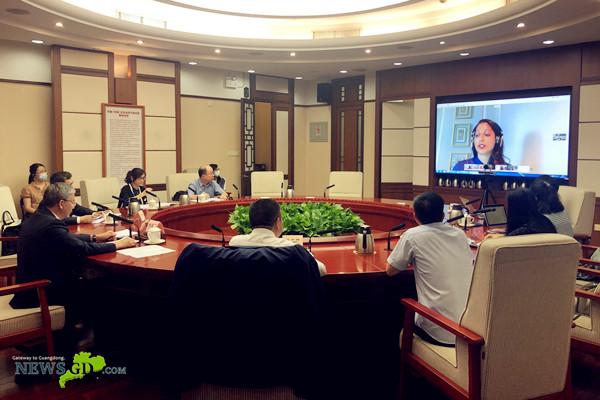
Lin Daoping, Vice Mayor of Guangzhou, provided keynote remarks during the webinar, saying that ‘Guangzhou has sought sustainable development through five major aspects in recent years, namely, quality education (SDG4), clean water and sanitation (SDG6), industry, innovation and infrastructure (SDG9) sustainable cities and communities (SDG11) as well as life on land (SDG 16).”
Lin also shared four major examples showcasing how Guangzhou applied SDGs to its local development:
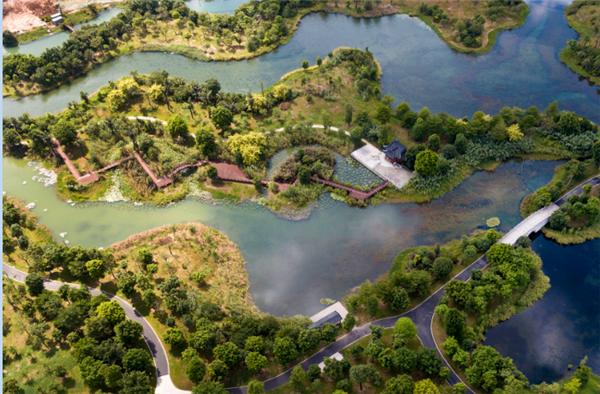
Guangzhou reserved 1100-hectare of wetland (11 square kilometers) in Haizhu district, one of its central districts.
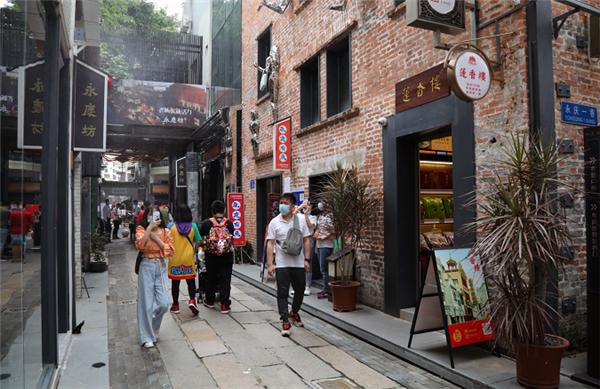
The Yong Qing Fang project, which restructured the old buildings along Enning Road in Liwan district while maintaining its classic Lingnan design. The project aims to revitalize the district’s traditional cultural businesses.
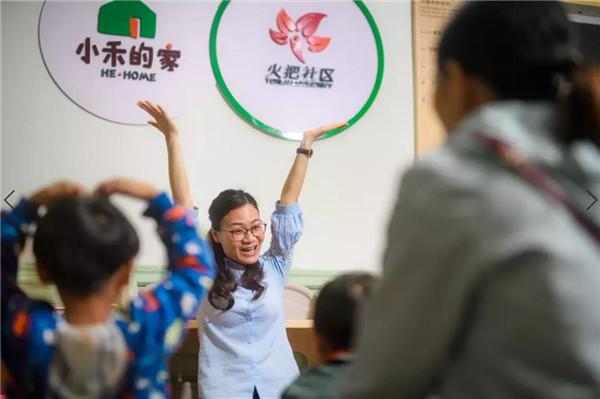
The He·Home project, where recruit volunteer teachers to take care of the children of migrant workers and provide after-class activities in their communities.
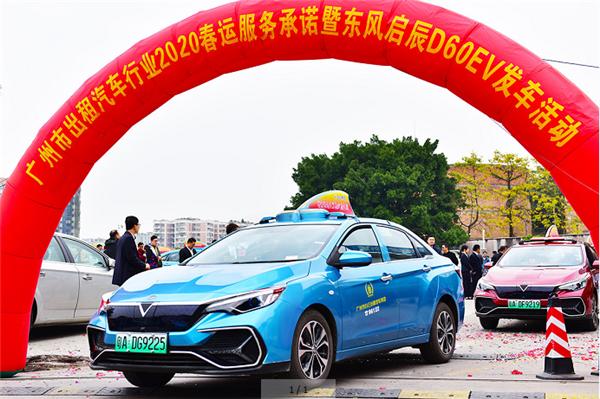
Guangzhou continues to promote the use of electric buses and taxis in its public transport networks. It’s expected to replace all taxis with electric vehicles by 2022.
Guangzhou, as a mega city with more than 22 million population, included sustainable development as a goal in its urban planning in 1996, aiming to provide its citizens with green, creative and open communities.
Guangzhou became a Voluntary Local Review declaration signatory in 2019, through which the city is able to strengthen communication and cooperation in sustainable development with global counterparts.
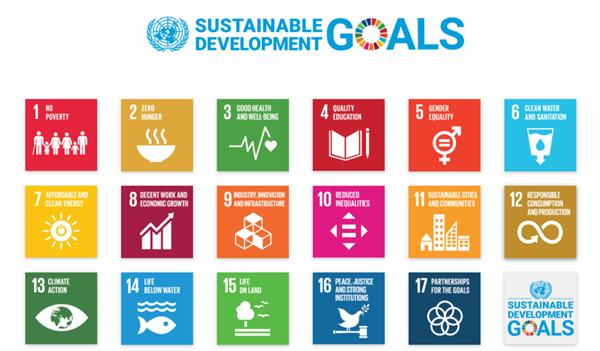
The SDGs were adopted by all United Nations Member States in 2015 as a call to action to end poverty, protect the planet and ensure that all people enjoy peace and prosperity by 2030. The SDGs include 17 indicators which offer cities worldwide a universal guideline to rethink their development and to take part in the global conversation even though their conditions are different.
More than 150 representatives from subnational governments, UN-Habitat, UN Foundation and other international institutions also attended the webinar.